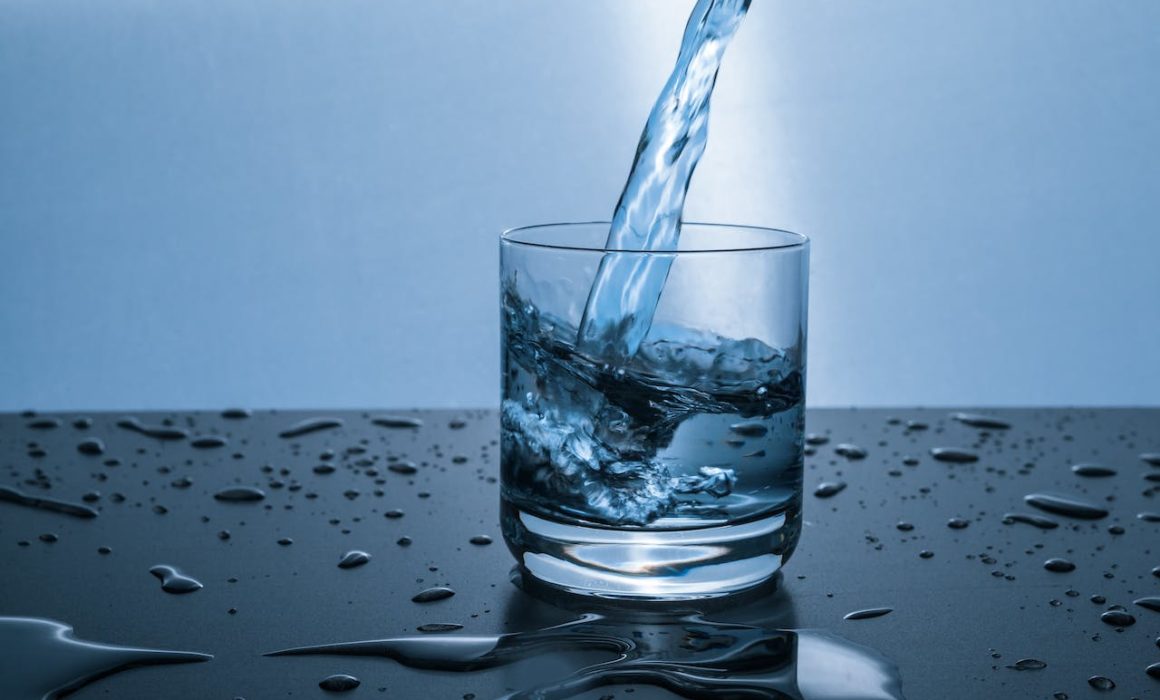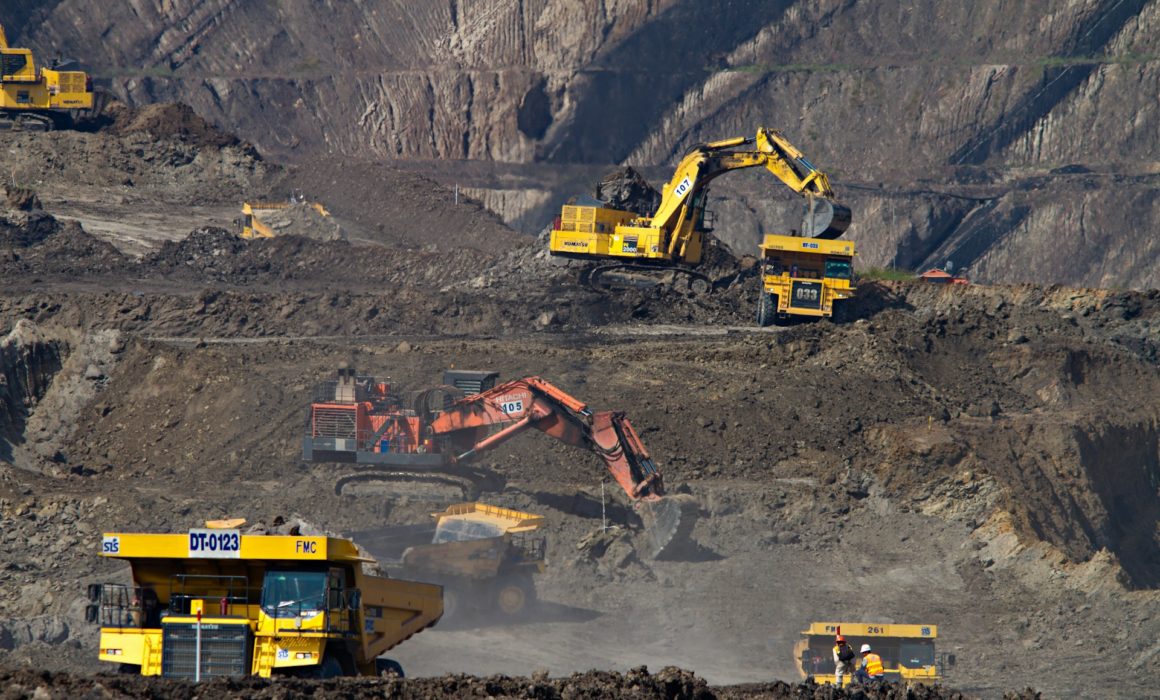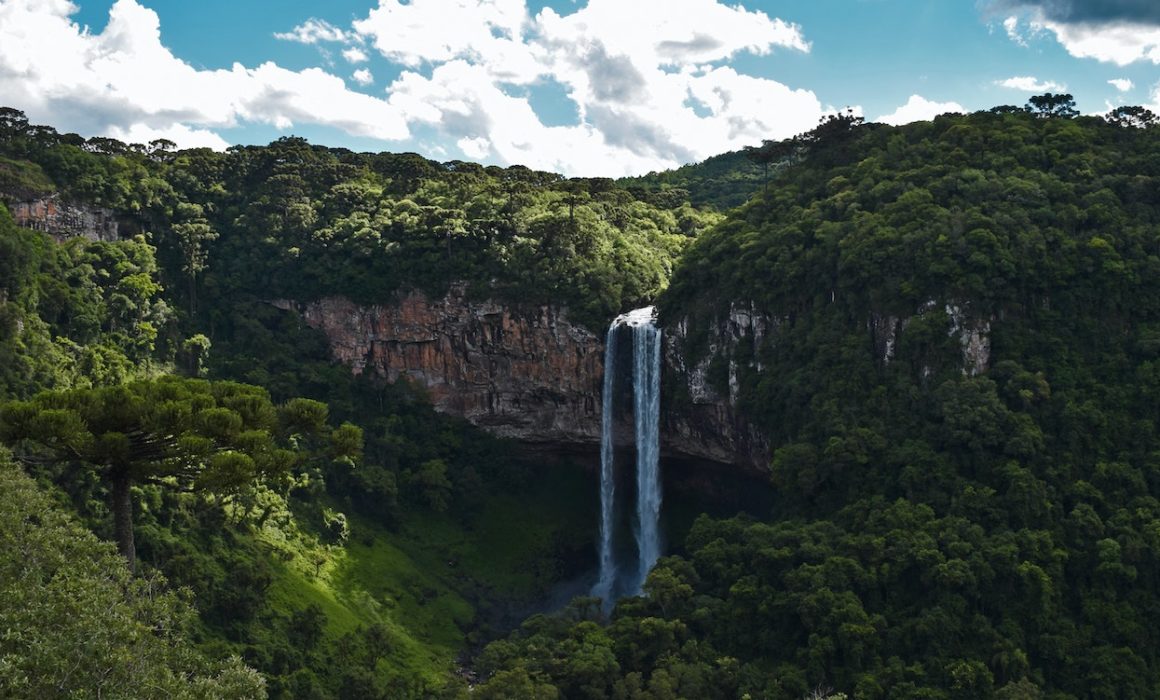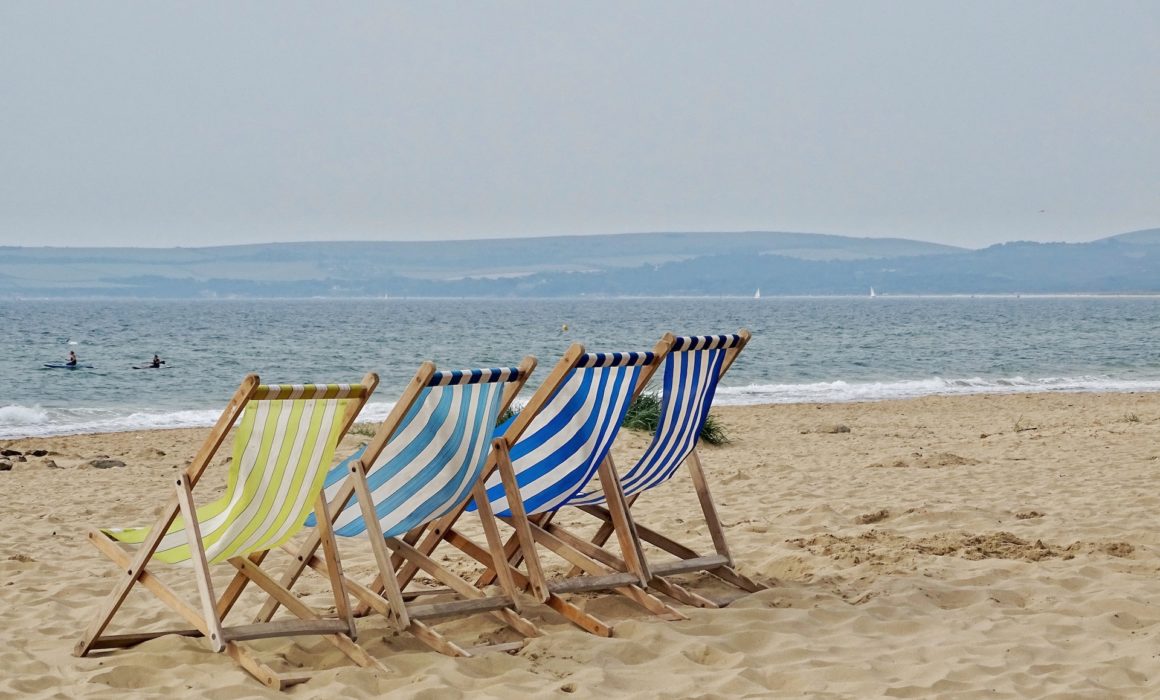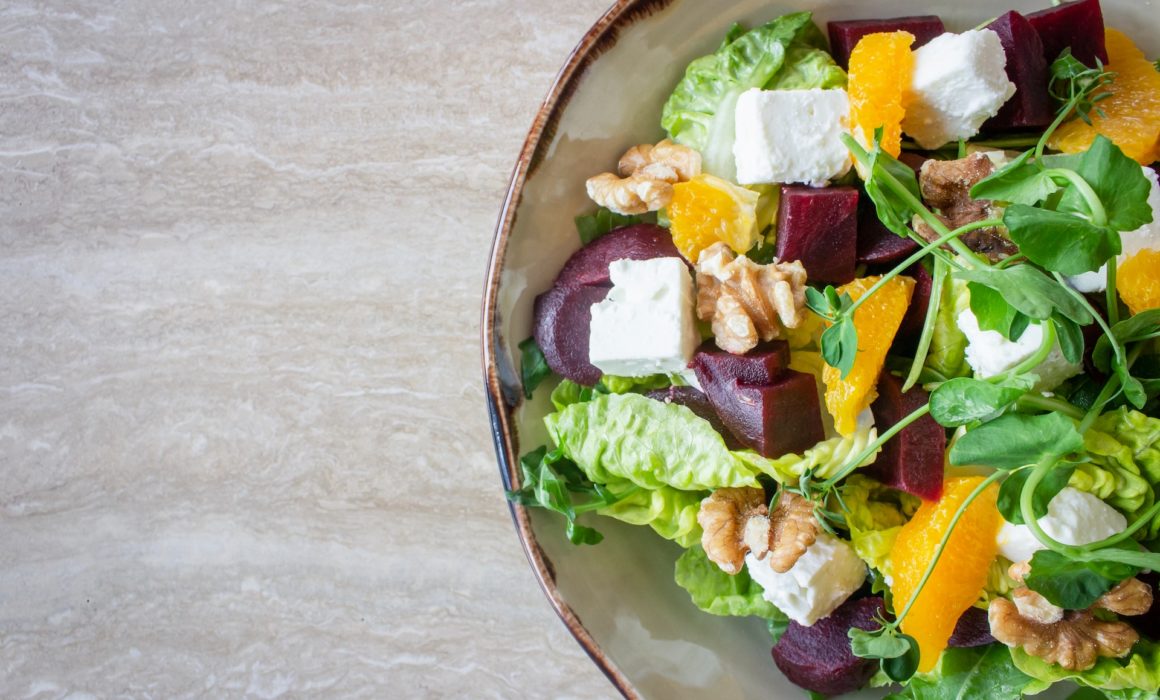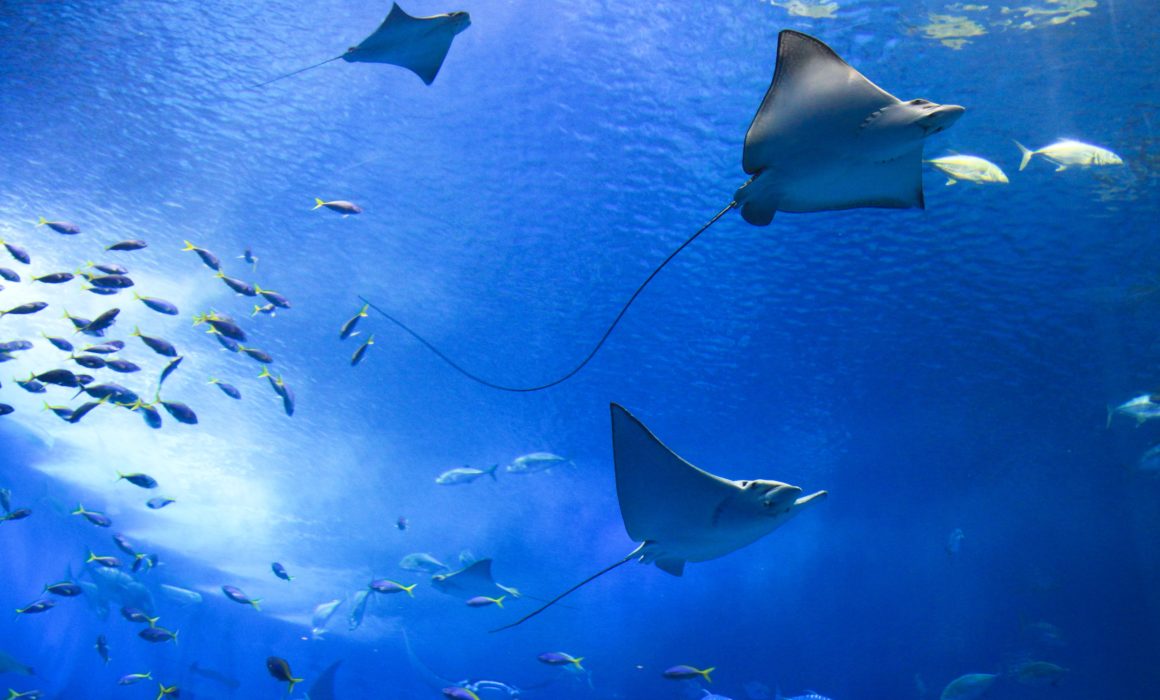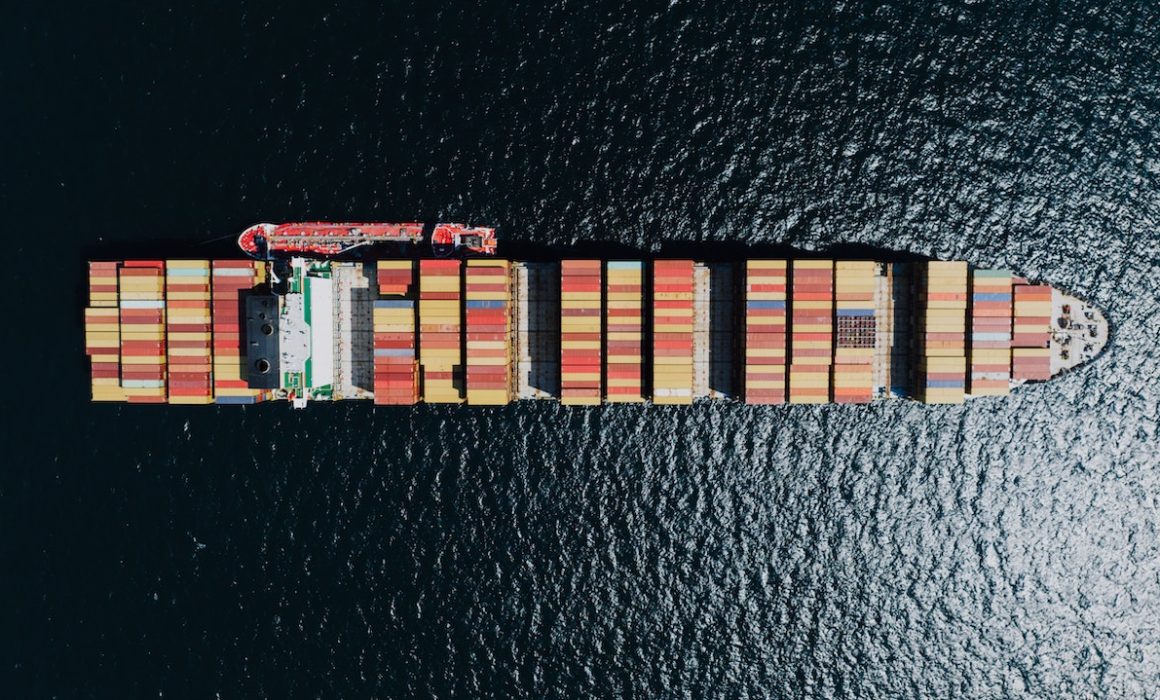The scandal surrounding prohibited treatments for Nestlé mineral water has spread to Switzerland, with the revelation that the Henniez brand also used unauthorized depollution processes. Nestlé Waters acknowledged that it had resorted to illegal practices, including the use of activated carbon filters, which were discontinued at the end of 2022 under the supervision of the Swiss cantonal and federal authorities. The case, which has already affected the French brands Perrier, Contrex and Vittel, raises the question of consumer deception, since the waters claim to be mineral, i.e. without treatment or additives, in line with Swiss requirements. An investigation in France revealed that bottled water from many brands had been secretly purified illegally. The French Public Prosecutor’s Office has opened a deception investigation against Nestlé Waters, seeking to determine whether the description “natural mineral water” is misleading, given the ban on disinfection devices for this category of water.
